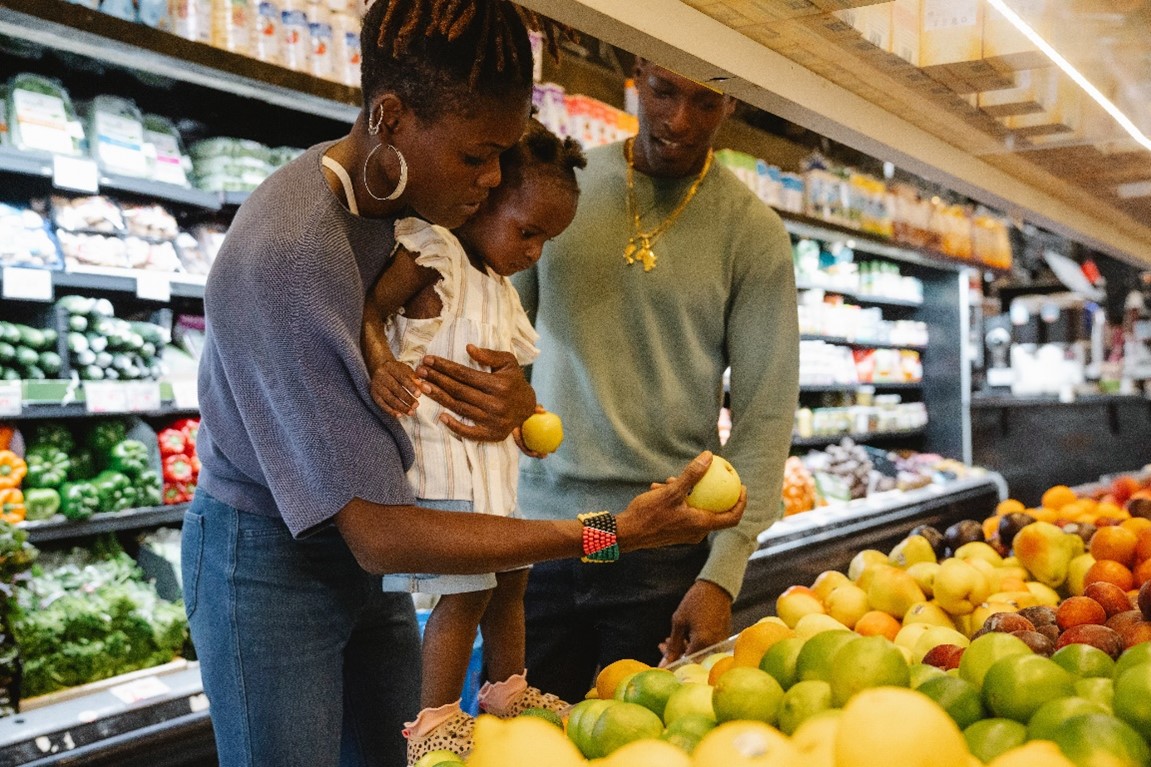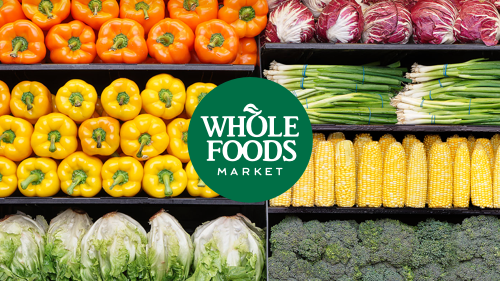Ecotrend Blog
Ecotrend5 Ways Retailers Can Meet the Growing Demand for Sustainability from ConsumersFebruary 27, 2023
It might surprise you that a quarter of the world's greenhouse gas emissions (GHGs) come from food production. And more so than ever, consumers are looking at retailers to make sustainable choices. Retailers are the gateway between the average consumer and a plethora of choices, including dietary and household supplies.
Do Consumers Really Care about Sustainability?Despite alarming inflation rates, a revealing study showed that two-thirds (66%) of consumers were willing to pay more for sustainable products. This survey was conducted by GreenPrint, with over 1000 U.S. adults. Amongst that group, 80% of young U.S. adults (age 18-34) indicated their desire to pay more for sustainable products. However, the barriers to identifying sustainable companies seem to have a stronghold on most surveyors (78%). To confirm whether a company follows sustainable standards, 50% indicated that clear language on products is essential, while 46% say that third-party or independent source confirmation is necessary. Another sustainability report by Food Industry Alliance reflects the need for clearer sustainability messaging.
Despite the rumbling demand for sustainable products, a significant roadblock remains in correctly identifying or finding them. Challenges and Solutions for RetailersRetailers sit at the end of a long supply chain, which can make it daunting to set sustainability goals because most emissions they contribute are indirect emissions. However, we've seen major grocers like Walmart and Kroger making strides to make this happen.In 2019, Walmart founded Project Gigaton to eliminate a Gigaton (one billion metric tons) of GHG emissions from its Global Supply Chain by 2030. Since then, it's engaged over 3169 suppliers on the project across its supply chain, offering guidance in setting emissions reduction targets and developing a tool for its suppliers to calculate the GHG impact of their initiatives. Walmart has found a way to leverage its great market share and influence over an extensive network of suppliers and companies, to do good for the environment. Meanwhile, Kroger uses Supplier Hub, a vendor management system that collects and maintains information on supplier conformance to company commitments.  Collaborative efforts in sustainabilityRetailers can share GHG goals with vendors and suppliers by setting goals and benchmarks. 82% of food production emissions come from land use, crop production, livestock, and fish farms, while 12% come from packaging, processing, transport, and retail operations.TransportationFreight transportation alone makes up 6% of food-related emissions. Underutilized freight vehicles use excess fuel, thus, optimizing transportation planning, and logistics can help reduce GHG emissions from fossil fuel combustion and prevent food waste/spoilage. Retailers can participate in the EPA SmartWay Program to benchmark their transportation efficiency.PackagingPlastic packaging associated with food supply chains can cause a lot of pollution. Packaging accounts for around 5% of the energy used in the life cycle of a food product. Retailers can work with suppliers to choose more sustainable packaging sources, such as recyclable alternatives. Promote sustainable products to consumers Retailers have the upper hand in determining what products to put on their shelves and what products to advertise to their customers. Simply carving out a green section dedicated to promoting local products in weekly or monthly flyers is a step in the right direction. Retailers can also promote low-carbon alternatives to meat products, which make up 30% of food-related emissions.Promoting Ethical ProductionRetailers can play a significant role in promoting social equity. They can source from suppliers that get their food from smaller producers and farmers. They can also work with suppliers to ensure that producers and supply chain workers earn decent wages.Improving transparency across the supply chainThird-party product certification offers an easy way for consumers to tell how the product was produced and allows suppliers to source sustainably produced goods within supply chains.ConclusionThe growing demand for green transparency from consumers is apparent across the data, and retailers have an important role in meeting this demand. Most of the sustainability decisions will be collaborative. Establishing clear benchmarks for success can help increase consumer and investor confidence in the retailer. The success of Wholefoods Market's animal welfare system and Sourced for Good program are examples of how retailers can make a difference. Despite the demand for sustainable products, consumers face a challenge in identifying them, making it all the more important for retailers to improve transparency across the supply chain. With collaborative efforts in sustainability and focusing on reducing emissions from transportation, packaging, and food production, retailers can significantly impact the environment and promote social equity. Retailers have a realistic opportunity to create a sustainable future by meeting the needs and desires of their consumers while also doing their part to reduce greenhouse gas emissions and promote ethical production.SourcesSour Crum, D. (2022, December 14). Business of sustainability index. PDI Technologies, Inc. Retrieved February 17, 2023, from https://pditechnologies.com/resources/report/busi...Environmental Protection Agency. (n.d.). EPA. Retrieved February 17, 2023, from https://pditechnologies.com/resources/report/busi... Hollingsworth, W. (2021, November 23). Three strategies to build more sustainable food retail supply chains. Ratio Institute. Retrieved February 17, 2023, from https://pditechnologies.com/resources/report/busi... Meat Department Quality Standards. Whole Foods Market. (n.d.). Retrieved February 17, 2023, from https://pditechnologies.com/resources/report/busi... Our sourced for good program. Whole Foods Market. (n.d.). Retrieved February 17, 2023, from https://pditechnologies.com/resources/report/busi... Product: Sustainability in the food industry: An evolving landscape. FMI. (n.d.). Retrieved February 17, 2023, from https://pditechnologies.com/resources/report/busi... Supplier hub. The Kroger Co. (2023, February 8). Retrieved February 17, 2023, from https://pditechnologies.com/resources/report/busi... Walmart Sustainability Hub. (2022, September 2). Project gigaton. Walmart Sustainability Hub. Retrieved February 17, 2023, from https://pditechnologies.com/resources/report/busi...
|
